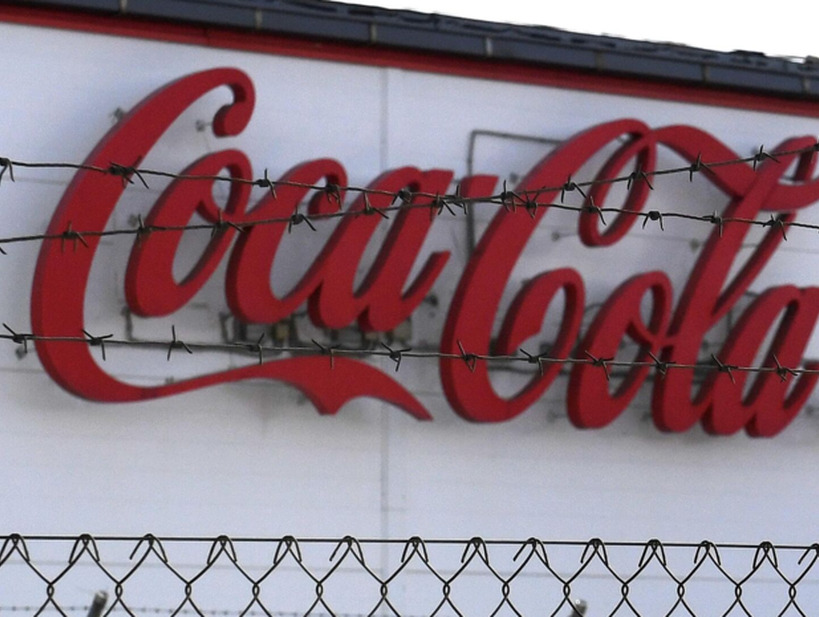
The exodus of Western brands from Russia has left a gaping hole in their finances, with losses nearing a staggering $14 billion. The decision to pull out, driven by geopolitical tensions, has proven to be a costly gamble for companies that once thrived in one of the world's largest consumer markets.
The alcohol and tobacco sector, along with fast-food giants, bore the brunt of the financial hemorrhage. British American Tobacco saw $1.15 billion vanish into thin air, while McDonald's, the golden arches of global fast food, lost $1.2 billion. But the crown for the most dramatic exit goes to Danish brewer Carlsberg, which wrote off a jaw-dropping $7.6 billion. In comparison, Heineken's $324 million loss seems almost modest.
The ripple effect didn't spare household appliance manufacturers either. Whirlpool and Bosch found themselves $333 million and $290 million lighter, respectively. Meanwhile, the automotive industry wasn't immune to the financial fallout. Ford lost $158 million, while General Motors took a heavier hit, parting with $657 million.
The departure of these brands has left a void in the Russian market, one that local businesses are scrambling to fill. But for the Western companies, the losses are more than just financial—they represent a retreat from a market that once promised boundless opportunities. As the dust settles, the question remains: was the exit worth the price?



















